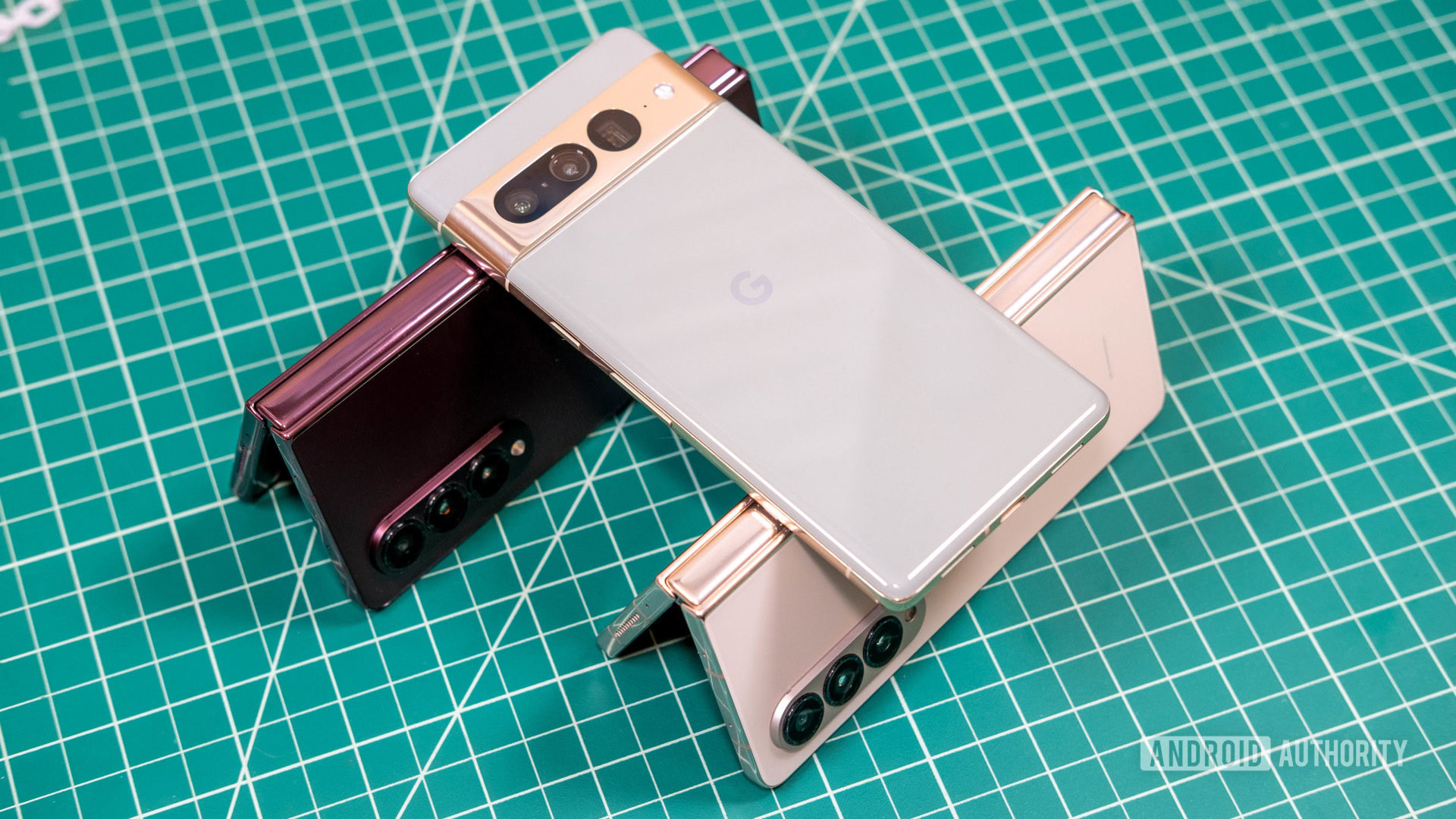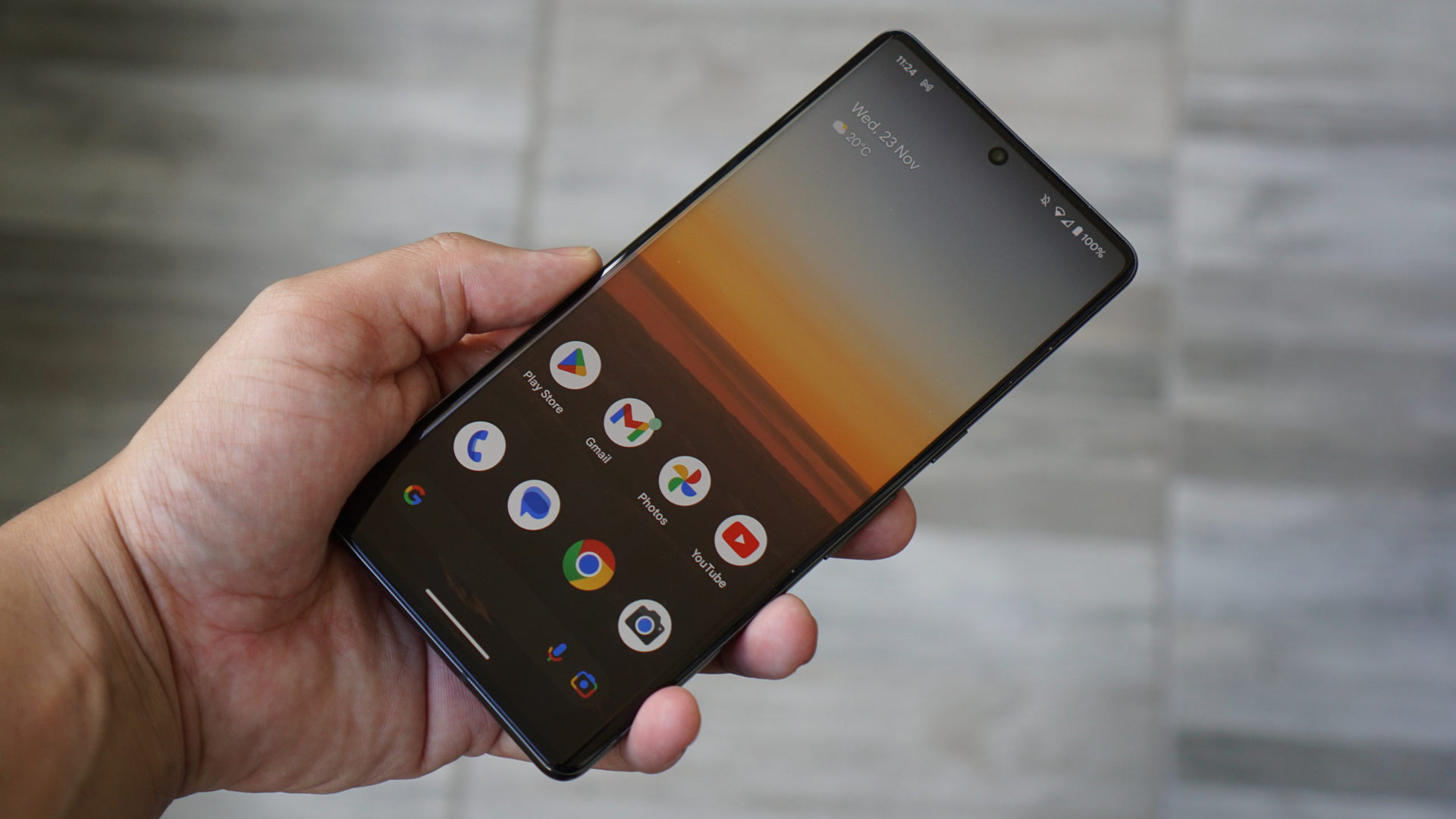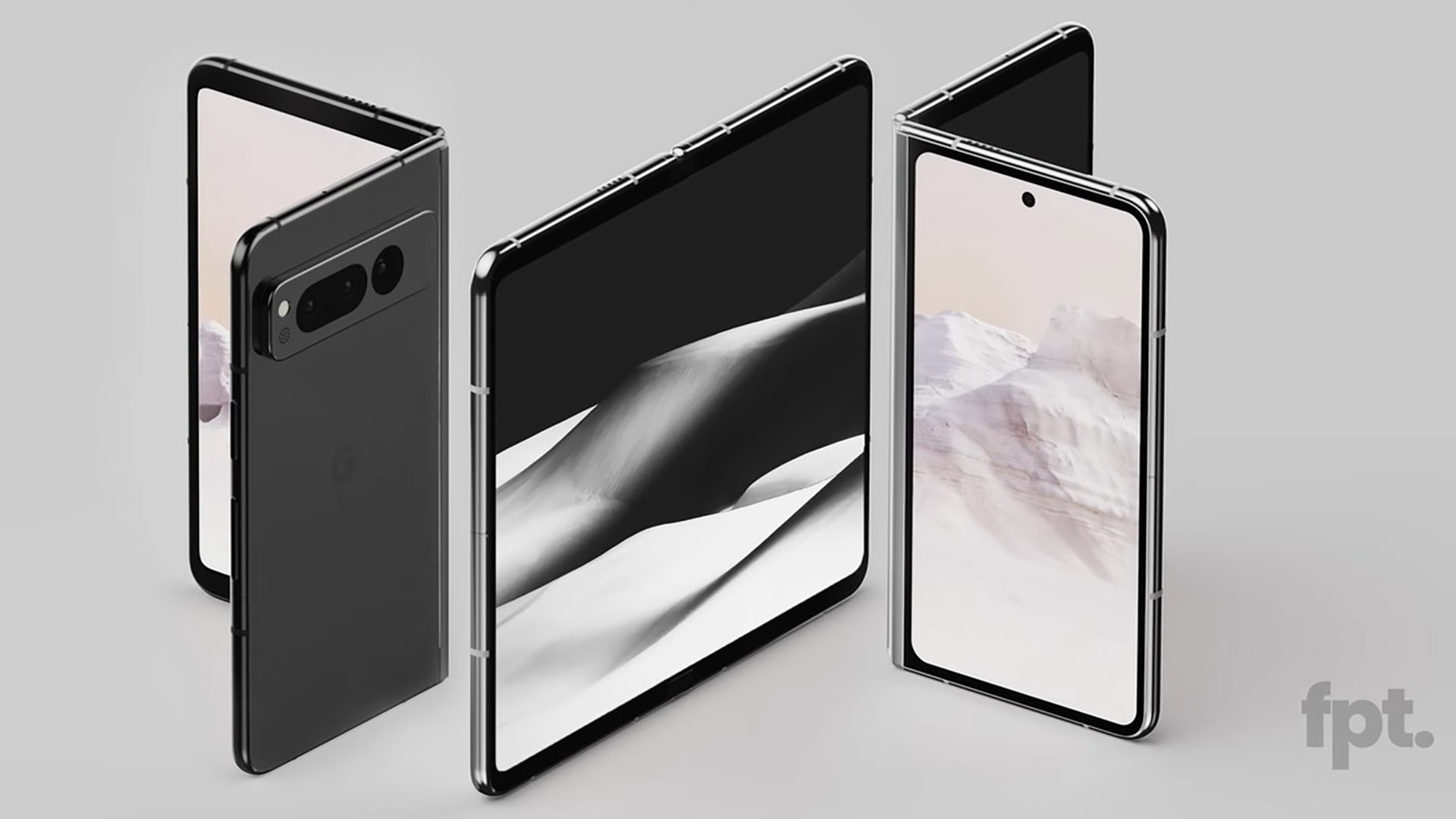Affiliate links on Android Authority may earn us a commission. Learn more.
Why 2023 is the perfect time for the Google Pixel Fold

No one can predict the future, but it seems like a foregone conclusion that Google will release a foldable Pixel. The company’s plans have been leaked multiple times, and we’ve even seen some convincing renders of the supposed Pixel Fold, codenamed Felix. Still, nothing is set in stone — despite the rumor mill’s near certainty that the Pixel Fold exists, it might be canceled or heavily delayed before the supposed launch this year. For the sake of Android foldables, we ought to hope not.
If Google is going to release a foldable Pixel, now is the time. Not only is the market ready for it, but the stars are also aligned to give the Pixel Fold the best possible chance of success — as long as Google doesn’t squander the opportunity.
One of the strengths of Android is that it can adapt to so many different devices and form factors, and yet, smartphones have almost all become boring flat slabs over the past few years. The trend toward foldable phones is a shining point of innovation in the otherwise gloomy world of iterative smartphone updates. Samsung, which is currently running away with the foldable market, believes these devices will become the default for many phone buyers in the next few years.

Foldables could change the way we interact with mobile technology, bringing true multitasking and notetaking to your pocket. And Google needs to be on the front line of this trend. More than that, it needs to stay invested. Here, I can only hope Google takes a lesson from the way it managed (or, more accurately, mismanaged) Android on tablets and watches. It started strong with the Xoom partnership and a handful of Nexus tablets, and then Google decided it was done with large form factor Android and dropped the ball on optimizing the UI and apps for tablets. The abysmal software support for Android tablets is one of the reasons the iPad ran away with that market.
Google must shepherd foldable software, not neglect it like tablets and wearables.
It made the same mistakes with smartwatches, and Android Wear even had an 18-month headstart before the Apple Watch debuted. If Google had led the way with hardware, maybe things would have been different.
The growth of foldables is shaping up to be a similar inflection point, and so far, Google is doing the right things. It released a mid-cycle update of the OS (Android 12L) with large-screen optimizations and worked with Samsung to enhance Android’s multitasking features. Now it’s time for the next step. Google determines the direction of Android development, and its rapid Pixel updates are the perfect vehicle to refine the foldable experience and convince consumers that flat phones are yesterday’s news.
Building on the Pixel’s success

I would even go so far as to say this is the perfect time for Google to release a foldable. For the first time ever, Google has had two undeniably successful smartphone launches in a row. The Pixel 6 was widely praised for its design, camera, and software, and the Pixel 7 improved on it without making any new boneheaded mistakes. Absent these successes, I doubt anyone would have trusted Google to get a new form factor right, but the last two generations of Pixel phones give me hope.
If the Pixel Fold launches this year, it will be entering the market with some distinct advantages. Samsung has been selling the Z Fold series for several years, and it’s the clear leader in foldables — if someone’s going to spend almost $2,000 on a phone, it’s probably a Z Fold. However, Samsung has been slow to evolve its hardware. Each Z Fold refresh adds a handful of features, steps up to the latest Qualcomm chip, and maintains the sky-high price.
Google can build on two successful Pixel launches to take on Samsung's stagnant foldables.
While the Samsung Galaxy Z Fold 4 has a lot going for it on the hardware side, it’s also starting to feel a bit dated. All the Z Fold phones have basically the same shape, with the wider hinge side and a small-radius fold in the screen that makes for a deep crease. Samsung is vulnerable here. There are foldables from OPPO and Huawei in other markets that are much sleeker and easier to hold, and what leaks we’ve seen of the Pixel Fold look similarly streamlined. Google’s foldable really has a shot at turning some heads.
The launch and support can’t miss a beat

Good timing and a refreshing look aren’t going to be enough, though. Even if we trust that Google’s new-found hardware success extends to its first foldable, there are plenty of ways the Fold could flop. The first hurdle is the price — rumors point to a whopping $1,800 for the Pixel Fold, which is about the same as the Z Fold 4. Samsung essentially subsidizes foldables in the US with generous trade-in values. Even older phones are worth a few hundred to Samsung, and your last-gen device might have only lost a fraction of its value in Samsung’s eyes. You can trade in up to three devices when purchasing a foldable, too. This can bring the sky-high price down to just a few hundred dollars, and unlike Apple, Samsung gives you the trade-in credit up front. Google’s trade-in offers have been quite disappointing so far — $175 for a Pixel 6 Pro? Really, Google? With the Pixel Fold, Google really has to stop low-balling the trade-in values if it wants people to buy something this spendy.
At nearly two grand, there’s going to be a lot of focus on comparing the Pixel Fold and Z Fold hardware even if Google can soften the blow with trade-ins. While Samsung has been slow to evolve the Z Fold’s design, the phone is surprisingly robust and reliable. I’ve used all the Folds for an extended period, and the first two variants did have some minor hardware issues that required warranty service, but the last two have been perfectly reliable. They’re even water-resistant, which is impressive for a phone with a hinge.
Foldables have been around for a while, but make no mistake — these are still luxury products. They deserve support that, if not luxurious, is at least passable.
Google has to be able to match Samsung on the reliability front. Otherwise, why spend the same money? Everyone will be on the lookout for stories of defective or easily damaged Pixel Folds, and the bad press will only be compounded if Google doesn’t get the support side right. Dealing with any OEM’s warranty support is an exercise in frustration, but Google has a particularly bad reputation here. That’s not something you can allow with a $1,800 smartphone. Foldables have been around for a while, but make no mistake, these are still luxury products. They deserve support that, if not luxurious, is at least passable.
No matter what foldable you buy, finding decent accessories is hard. Even Samsung, which usually makes nice if somewhat expensive cases, has had trouble coming up with options for its foldables. Case in point, there’s really no good way to carry the S Pen around, and even the “slim” Z Fold 4 cases make that already chunky phone even more of a brick. Google does not exactly have the best history with accessories, with flimsy recycled plastic, fraying fabric, and a wireless charger that’s still buggy more than a year after release. People who spend $1,800 on a phone will probably want a case, and Google really should be ready to offer one or two. Will it? It’s hard to say. Google can, however, take a page from Samsung’s book and give Pixel Fold buyers some store credit to grab a few accessories that hopefully don’t suck.
Google forges the future of Android, and foldables could be that future.
There’s another possibility: Google learns nothing from tablets. Maybe Google will release the Pixel Fold, pat itself on the back in a press conference, and then promptly forget to promote it. Without big sales numbers, Google would inevitably lose interest and eventually decide it doesn’t want to make another foldable. But there’s no point in making a $1,800 smartphone if no one buys it. Success in the market is more important than per-unit profit if Google wants to be part of foldables going forward.
Google forges the future of Android, and foldables could be that future. If Google drops the ball, Apple could swoop in and steal the show down the line.